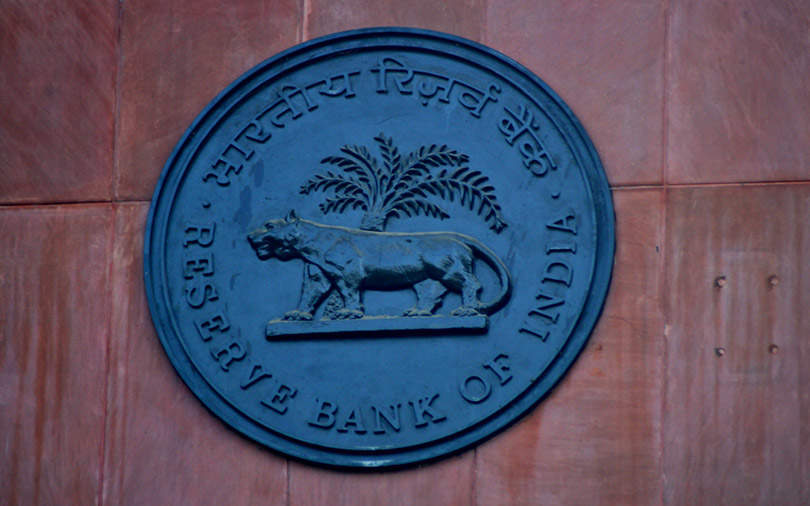
RBI norms for payment intermediaries may affect Amazon Pay, Ola Money


Ecommerce players like Flipkart and Amazon and ride-hailing platform Ola may soon have to comply with guidelines set down by the Reserve Bank of India (RBI) in a discussion paper for the regulation of payment gateways and payment aggregators.
The ecommerce entities will be required to keep their payments business at arm’s length if the guidelines come into effect.
“Leveraging their market presence, some of the ecommerce market places also offer payment aggregation services. The primary business of these ecommerce marketplaces does not come within the regulatory ambit of RBI and in case of regulatory prescriptions for payment aggregators, they would end up being subjected to dual regulation. Hence, the separation of these two activities would entail a better regulatory approach/process,” said the paper.

These guidelines, however, exempt payment gateway services provided by the banks.
The proposal said that lack of proper redressal mechanism and inadequate governance practices open up customers of these services to risk, making a case for full and direct regulation of these entities under Payment and Settlement Systems Act, 2007 (PSSA).
As per the paper, existing payment aggregators will have to comply with a minimum net worth of Rs 100 crore within a year after the issuance of the guidelines by RBI. A failure to do so will lead to winding down of the business.

The guidelines also require payment aggregators to put in place formal and publicly disclosed grievance redressal and dispute management framework “including designating a nodal officer to handle the customer complaints/grievances, the escalation matrix and turn-around-times for complaint resolution,” said the paper.
The guidelines also extend the onus of checking the merchant site for authenticity and security of payment data to the aggregators. The aggregators will have to ensure that the site does not sell fake/counterfeit or prohibited products.
The guidelines flow from the central bank’s announcement in February to regulate the payment intermediaries space.

